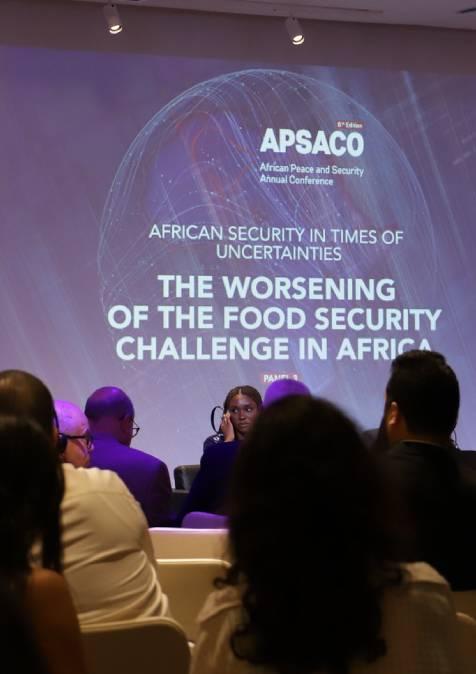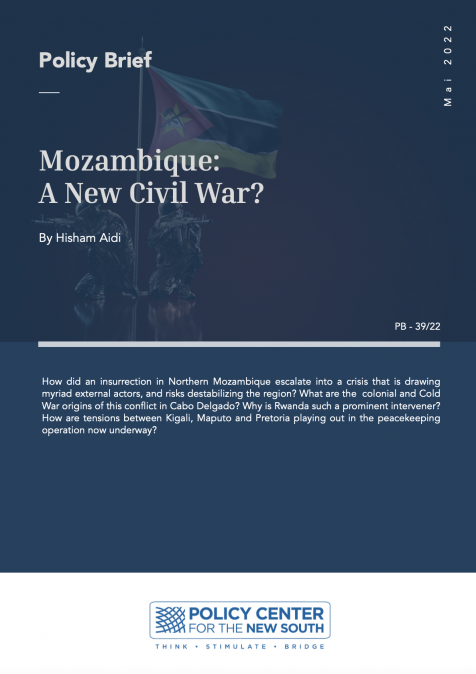Podcasts
The New Security Dynamics of the Atlantic Basin and the Way Forward for a Pan-Atlantic Approach
Related topics:
Within the realm of military conflicts, the Atlantic Basin can be considered a relatively peaceful area, especially in the northern part. However, the region has faced unprecedented challenges in terms of policy planning and strategizing with the emergence of the global pandemic, the stagnating economic growth, and the population’s growing discontent toward public institutions. The conjunction of sanitary, economic, and political crisis has questioned the historical stability of western countries and gave traction to the preexisting populist and far-right agendas in many parts of northern Atlantic. In the southern Atlantic preexisting conditions of socio-economic precarity and political instability have been exacerbated by recent events and African Atlantic states face an unprecedented challenge of finding new approach to economic and political development amid a global uncertainty both in the markets and in the international scene. In this context, a pan-Atlantic approach of the Atlantic basin can help foster new dialogue for peace and new ways to look at global security.
This podcast episode was produced as part of the Jean Monnet Atlantic Network 2.0, with the support of the European Union's Erasmus+ Program. The opinions expressed in the recorded content are solely those of the authors, as such, neither the Agency nor the Commission can be held accountable for any use of the information it presents.









